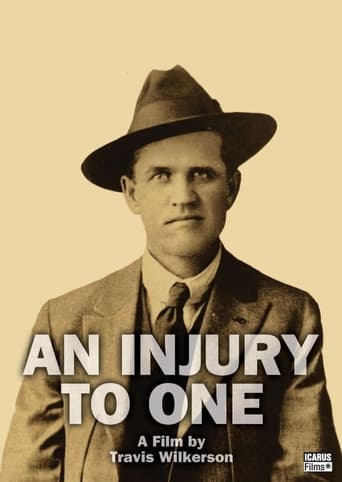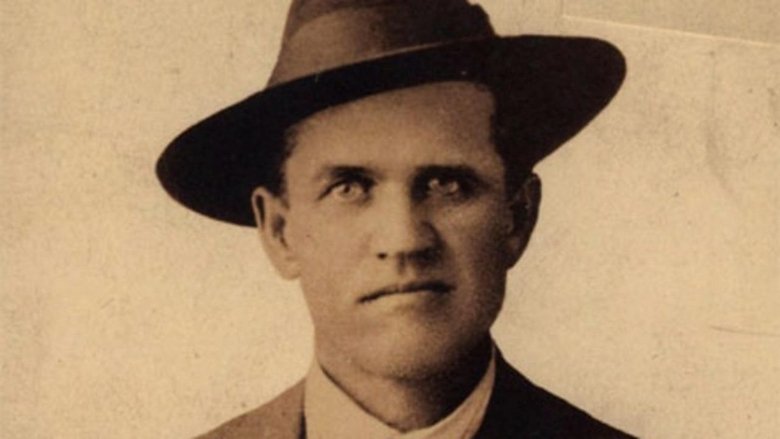An experimental documentary exploring the turn-of-century lynching of union organizer Frank Little in Butte, Montana.


Similar titles

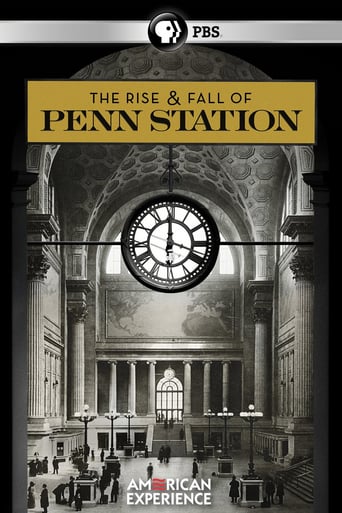
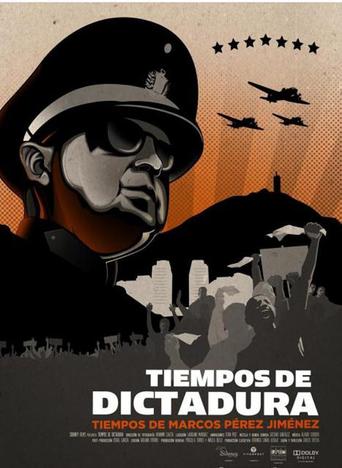
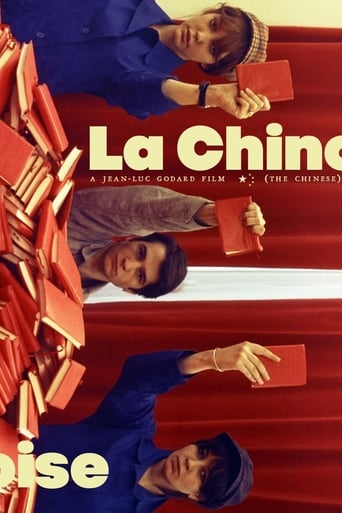
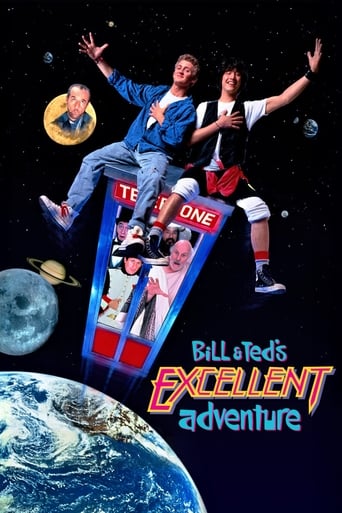
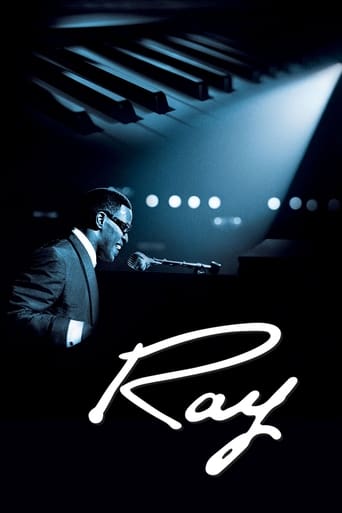
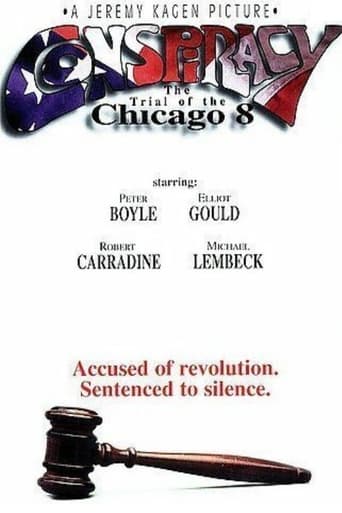
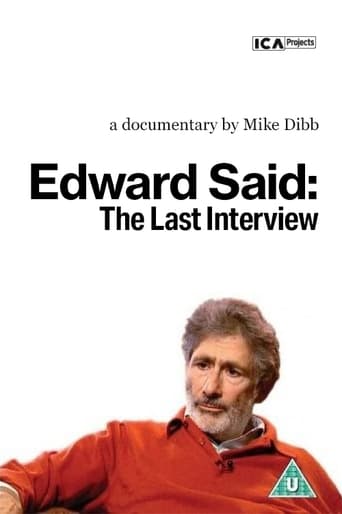
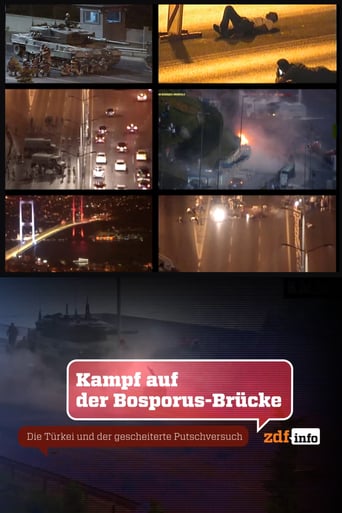
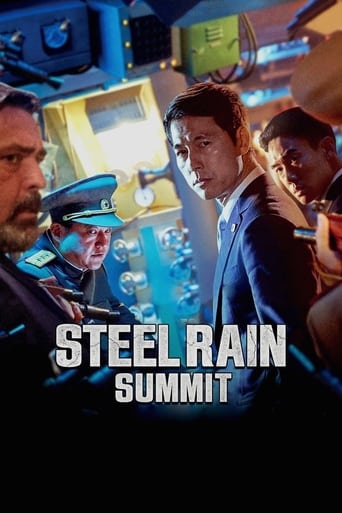
Reviews
I happened to catch this film at the Sundance Film Festival while volunteering there about five years ago. I must admit that when I think back on that time, and the 20 or so films that I watched, this is the one that most sticks out in my mind (besides The Cream Master Cycle 3 and that says a lot!). It's so unique in it's form that you can't take your eyes off the screen not to mention that the little-known subject matter is absolutely fascinating... and devastating. It's too bad that reviewer's like "littlesiddie" can't get beyond there own politics and self "pretensions" to admit that this film has merit. They would probably prefer that the film place the blame on the mine workers for the downfall of their town and land. Is that the problem with the left? They care about the little people, the underdog, real democracy and justice? After decades of neglect the exploited people of this community are finally getting some justice, but not for littlesiddie...this is a travesty. His corporate buddies are being unfairly represented. Is that about right? You're concerned that some dead corporate elites are being wrongly exposed? Give me a break.
Although not the best film I've ever seen, scarcely could one call it a dud. If one truly has an appreciation for avant-garde aesthetic, the film is a treat. Most of what Wilkerson presents can be corroborated in the bibliography on the Wobblies. However, in the case of Wilkerson's film, the aesthetic approach is very intriguing when compared to straightforward historiographic accounts, and thus, most welcome. It is representative of WWI working class life in the mines (focusing more on corporate espionage) and the collusion of corporations and the state in suppressing social justice. The leftist discourse in the film is drawn directly from the IWW personal journals, diaries and local newspapers, not Wilkerson himself.
I would have to say that I "enjoyed" this production very much because I felt it was truthful regarding what happened during that time and the aftermath. Especially telling was the evolution of the Sedition Act from a tool of local control to one used nationally. As far as I was concerned, everything worked for me to set the tone the material deserved; the music, and protest songs, the narration, and the use of photographs and screen text. I cannot remember the line exactly but it went to the heart of what was being fought for; a recognition of unsafe condition for the miners, a lack of fairness in wages, and the denial of the right to bargain collectively. The line was something along of this; "How can we discuss if we cannot speak?" It was meant to highlight that the miners were not even allowed to talk about the issues at hand because it was determined that for a strategic war industry (copper mining), any protest or dissension hurt the war effort and was tantamount to treason.I think there are quite a few parallels to what is taking place today. The Patriot Act comes to mind as well as mainstream media acting as administration lackeys.
This documentary about the miners and capitalists of Butte, Montana, is pretty good, considering it's part of someone's dissertation. Comprised mostly of lingering landscapes, stills, and narration, the film details the efforts of IWW activist Frank Little to organize the workers of Butte in 1917. The film also takes some surprising diversions regarding novelist Dashiell Hammett and McCarthyism and ends with a brief update on the dire condition of Butte and its environs in the twenty-first century. Though imperfect--the deadpan narration is a little too self-important, the utilization of Butte mining songs disengaging, and some camera shots tend to linger several seconds too long at times--this is a fascinating document of a little known period of American history. The soundtrack, provided by artists such as Low, Dirty Three, and Will Oldham, is particularly noteworthy.
